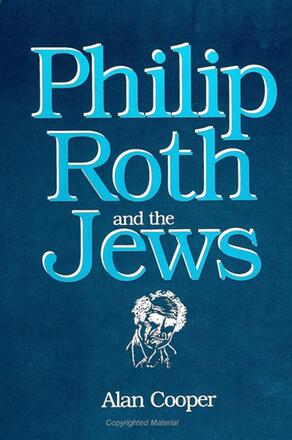
Philip Roth and the Jews
Alternative formats available from:
Examines Philip Roth's use of Jewish ideas and materials in his novels, considering also the responses to Roth's work and his relations with the Jewish community and contemporary Jewish writers.
Description
In a style richly accessible to the general reader, this book presents Roth's secular Jewishness, with its own mysteries and humor, as most representative of the American Jewish experience. Thirty years into his career as a writer, Philip Roth remains known to most readers as a self-hating Jew or a flawed would-be comic. Philip Roth and the Jews shows Roth the ironist, the master of absurdity, for whom twentieth-century America and modern Jewish history resonate with each other's signal accomplishments and anxieties. Roth's "egoism" is a persona, an abashed moralist discomfited by the world. Cooper shows that in the "Jewish" works Roth has taken the pulse of America and read the pressures of the world. Modernism, the universal tug for individual sovereignty and against tribal definition, is an issue everywhere. Roth's own odyssey of betrayal, loss, and return—the pattern of the Jewish writer in the last 200 years—is so shaped by his origins that Roth has carried his home and neighborhood into the corners of the earth and thus never left them.
Alan Cooper is Professor of English at York College, City University of New York. He chaired the English Department for 20 years and now serves as the college's faculty leader.
Reviews
"Cooper scrupulously researches, locates, and considers some more obscure—but revealing—criticism of Roth's work. He also explores some of Roth's juvenilia and other lesser known stories and contextualizes Roth's work by painstakingly describing the political, social, and literary milieu surrounding each work. He speaks about Roth's biography and spends much time discussing Roth's political views as they have manifested themselves in his writing. " — Daniel Walden, Penn State University